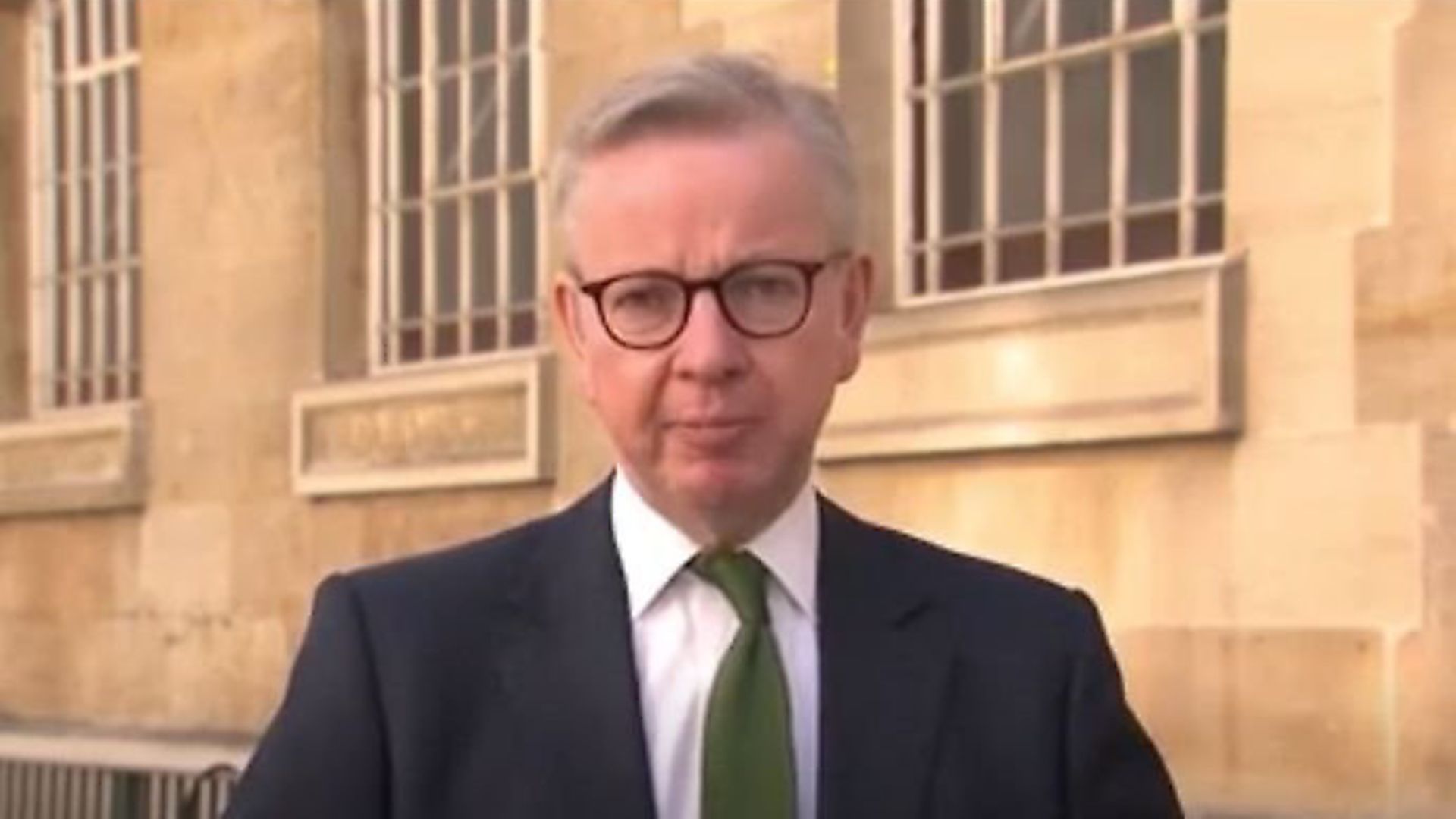
The government’s plan to hire 50,000 custom brokers by the end of the Brexit transition period has been branded ‘flawed’ by industry figures.
Transport bosses say more officers are needed if British hauliers are to cope with an estimated 215 million additional customs declarations that will need filling out after Brexit.
On Wednesday, the government announced an extra £50 million funding for British ports to help with recruitment, training, and the purchase of new IT equipment.
But Richard Burnett, chief executive of the Road Haulage Association, the UK industry body whose members operate more than 100,000 trucks, says the terms to access the funding is simply too narrowly focused.
‘The government is completely complacent on this issue. It takes six months to a year to train one person properly and as it stands today we have five months to do this.
‘Whatever the framework that is announced on Wednesday it will not support speeding this up to the degree that is required. No matter which way you turn this is flawed,’ he said.
Bosses have also raised alarm over whether companies which have hit the EU’s state-aid limits of €200,000 over three years as a result of the Covid-19 crisis will still be able to access the grant funding.
They also said the scheme only covers 600 businesses and should be extended to general traders and not just customs intermediaries.
Robert Windsor, executive director at Bifa, the international freight forwarders’ association, said the money – which equates to £1,000 per agent – would have ‘little impact’ on the problem.
He said ministers have shown a lack of understand over the industry’s capacity for growth at a time when it is reeling from the effects of coronavirus.
Marco Forgione, director-general of the Institute for Export and International Trade (IOE), a professional body providing support to business, said government messaging that the £50m funding was purely for intermediaries firms had caused confusion.
‘We have three generations of business leaders who have not had to complete a customs form to do trade with Europe.
There has to be flexibility not just for business, but also for individuals. We’ve got to build capacity because there is going to be a lack of capacity come January 1 for sure,’ he said.
Several insiders involved in consultations for the scheme have complained to the FT of a lack of detail, lack of listening and lack of co-ordination from HM Revenue & Customs with too many questions still unanswered.
One described the government’s approach as ‘like the Somme’, blindly throwing people and resources at the problem without thinking strategically.
Bob Sanguinetti, chief executive of the UK Chamber of Shipping, said ‘time was running out’, with less the five months to go until the Brexit transition period expires.
‘We also want to see greater co-ordination with businesses and for government to listen more closely to the views of industry to ensure we have the right processes in place from January 1 2021,’ he said
HMRC did not respond to a request for comment by the time of publication.
Warning: Illegal string offset 'link_id' in /mnt/storage/stage/www/wp-includes/bookmark.php on line 357
Notice: Trying to get property 'link_id' of non-object in /mnt/storage/stage/www/wp-includes/bookmark.php on line 37






